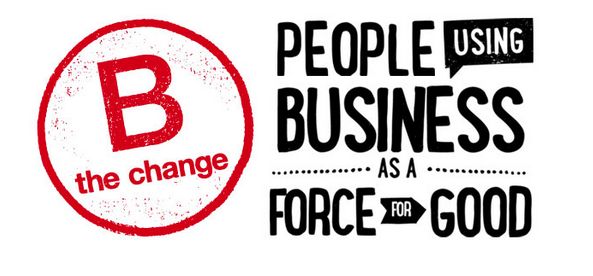Government and the nonprofit sector are necessary but insufficient to address society’s greatest challenges. Business, the most powerful man-made force on the planet, must create value for society, not just shareholders. –B Corps
B Corps are the new fair trade or organic label, but for businesses who’ve met the standards for ‘social and environmental performance, accountability and transparency’ as set forth by the nonprofit organisation B Lab. This article from their blog talks about the different metrics used to assess and evaluate a company’s performance beyond the usual goal of making profit to also looking at social/environmental impact.
I found this super interesting because instead of the usual metrics used in performance management, B Corps uses metrics to highlight how effective the business is in choosing an impact business model and meeting the requirements. The top metrics that stood out to me were:
- The intent of the business: In order for a business to qualify for an Impact Business Model, they would have to show that their intended scheme is part of the business’ mission and isn’t just an offside or unintended outcome. This resonates with the concept of CSV as it ensures the social impact is central to the business itself rather than just a side scheme. (for example, a Workforce Development company would have to ‘utilise a certain percent of workers from chronically underemployed communities’)
- The reach of the program/ intervention: this includes who it reaches as well as how thoroughly it does so.
- Efficiacy: this looks at whether a company has reached its outcomes by looking at the goals they’ve set and if they’ve created targets and tried to measure themselves up against these.

 Follow
Follow